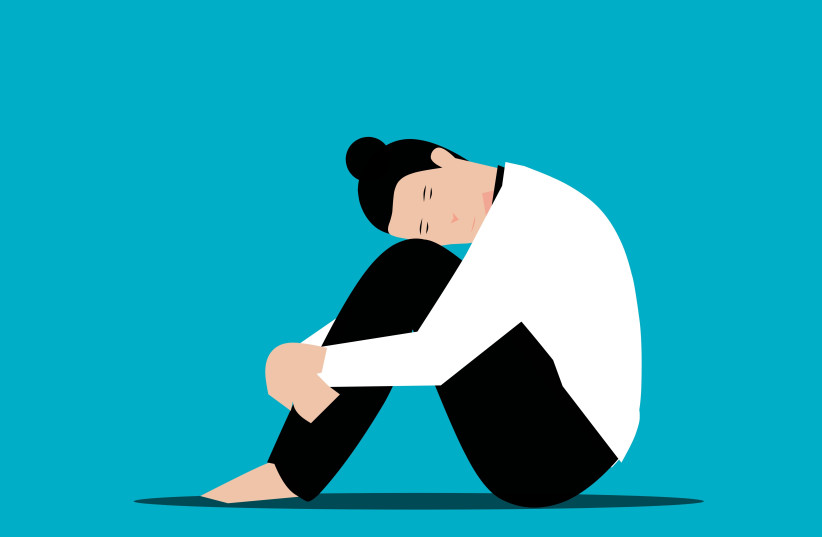Hallucinogenic mushrooms may have beneficial effect on mental disorders
The active compound in mushrooms with psychedelic properties could serve as a therapeutic tool through microdosing, according to a study from the University of Southern Denmark.
The active compound in mushrooms with psychedelic properties could serve as a therapeutic tool through microdosing, according to a study from the University of Southern Denmark.
Psilocybin has long been recognized as a classic psychedelic substance that produces changes in perception, mood/ and cognitive processes. It’s a naturally occurring psychedelic prodrug compound produced by more than 200 species of fungi.
Interestingly, the substance is itself biologically inactive but is quickly converted by the body to psilocin, which has mind-altering effects similar to those of lysergic acid diethylamide (LSD), mescaline, and dimethyltryptamine (DMT).
These mind-blowing effects include visual and mental hallucinations, euphoria, changes in perception,a distorted sense of time, and perceived spiritual experiences. It can also cause negative reactions such as panic attacks and nausea.
In such therapeutic treatment, the patient ingests psilocybin after undergoing therapeutic preparation and undergoes a psychedelic experience in a supportive environment with a trained therapist. The treatment is performed in a series of therapy sessions. Experiments are already being conducted with patients at Danish medical centers including Bispebjerg Hospital and Rigshospitalet.
The importance of 'microdosing'
The study has just been published in the prestigious journal Nature – Molecular Psychiatry under the title “Repeated low doses of psilocybin increase resilience to stress, lower compulsive actions, and strengthen cortical connections to the paraventricular thalamic nucleus in rats.” It was headed by Prof. Mikael Palner and doctoral student Kat Kiilerich from the research unit for clinical physiology and nuclear medicine at the University of Southern Denmark.
Their focus was on repeated low doses of psilocybin that are much lower than the doses typically used in therapeutic settings (known as microdosing, which is a phenomenon popularized in areas like Silicon Valley, California. Microdosing has spread through stories and anecdotes on the Internet as a form of self-medication for various challenges, explained Mikael Palner, a coauthor of the study.
When tested on animals, repeated low doses were tolerated well and did not present signs of reduced pleasure (anhedonia), anxiety, or altered locomotor activity. Notably, repeated low doses of psilocybin increased the rats’ resilience to stress, and they displayed fewer compulsive behaviors. The scientists also noted an increase in the number of connections to the thalamus region of the brain, which serves as a kind of filter for our decisions and concerns.
The team suggested that the change in connectivity to the thalamus may contribute to our enhanced resilience to stress factors and could explain why so many people report positive effects on their well-being from small doses of psychedelic mushrooms.
Through the new study, the researchers have established a valid method that can be utilized for further research into the effects of repeated low doses of psilocybin. It paves the way for additional research and potentially entirely new approaches to treating various mental disorders.
The increased anxiety and stress in society currently have placed a strong focus on microdosing, leading to a surge in the trade of mushrooms. Countries such as the Netherlands, Australia, the US, and Canada have either legalized or are in the process of legalizing psilocybin for therapeutic treatment, said Palner, who became interested in researching psychedelic substances and psilocybin when he lived in Silicon Valley 11 years ago and witnessed the surge of self-improvement practices that garnered significant media attention and prompted more people to experiment with microdosing.


No comments:
Post a Comment
Stick to the subject, NO religion, or Party politics